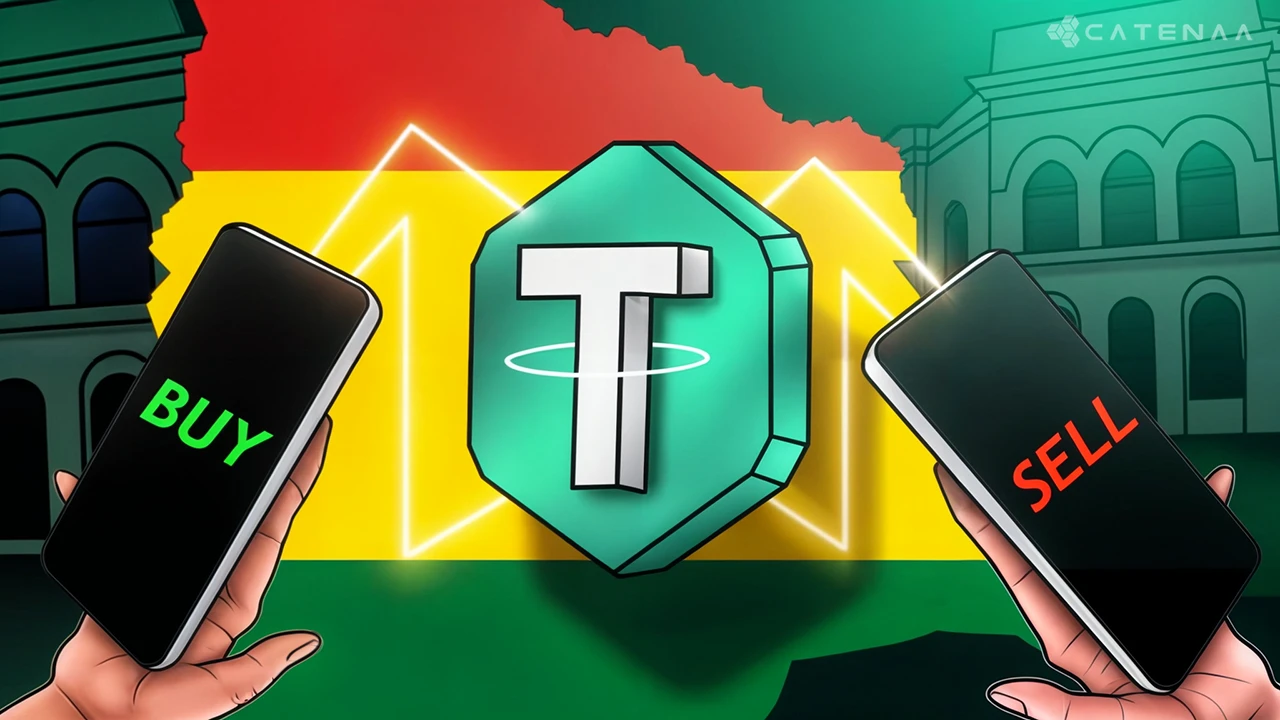New York, Monday, November 04, 2024 – Banco Bisa, one of Bolivia’s largest banks, has introduced the country’s first regulated crypto custody service, exclusively supporting the stablecoin Tether (USDT).
This initiative allows customers to buy, sell, and transfer cryptocurrency directly through their bank accounts, responding to growing demand for digital financial solutions amid recent economic challenges.
The launch comes as Bolivia grapples with rising inflation, which reached its highest level in nearly a decade last month, prompting increased interest in US dollars as a more stable currency.
Franco Urquidi, Banco Bisa’s vice president of business, emphasized that the new service enables clients to send money to relatives abroad while ensuring secure transactions through a rigorous verification process.
Customers can store USDT indefinitely and facilitate payments for family members studying overseas. However, it remains unclear whether the service will support everyday transactions with local merchants, as the bank has yet to clarify its full capabilities.
The service imposes a minimum deposit of 200 USDT, with a daily transaction limit of 10,000 USDT. Fees for transactions range from 35 to 100 bolivianos (approximately $5 to $14.48), while transfers to U.S. dollar accounts abroad incur a charge of 280 bolivianos (around $40.55).
In the broader context of Latin America, Bolivia has been relatively slow in embracing cryptocurrency, lacking the mining interest seen in neighboring Paraguay and the adoption rates of Brazil and Argentina.
According to Chainalysis, the country also trails behind in crypto remittances compared to its regional counterparts. As Banco Bisa embarks on this new venture, it aims to enhance financial options for Bolivians and capitalize on the increasing relevance of digital currencies in the region.


